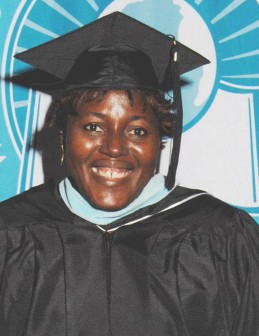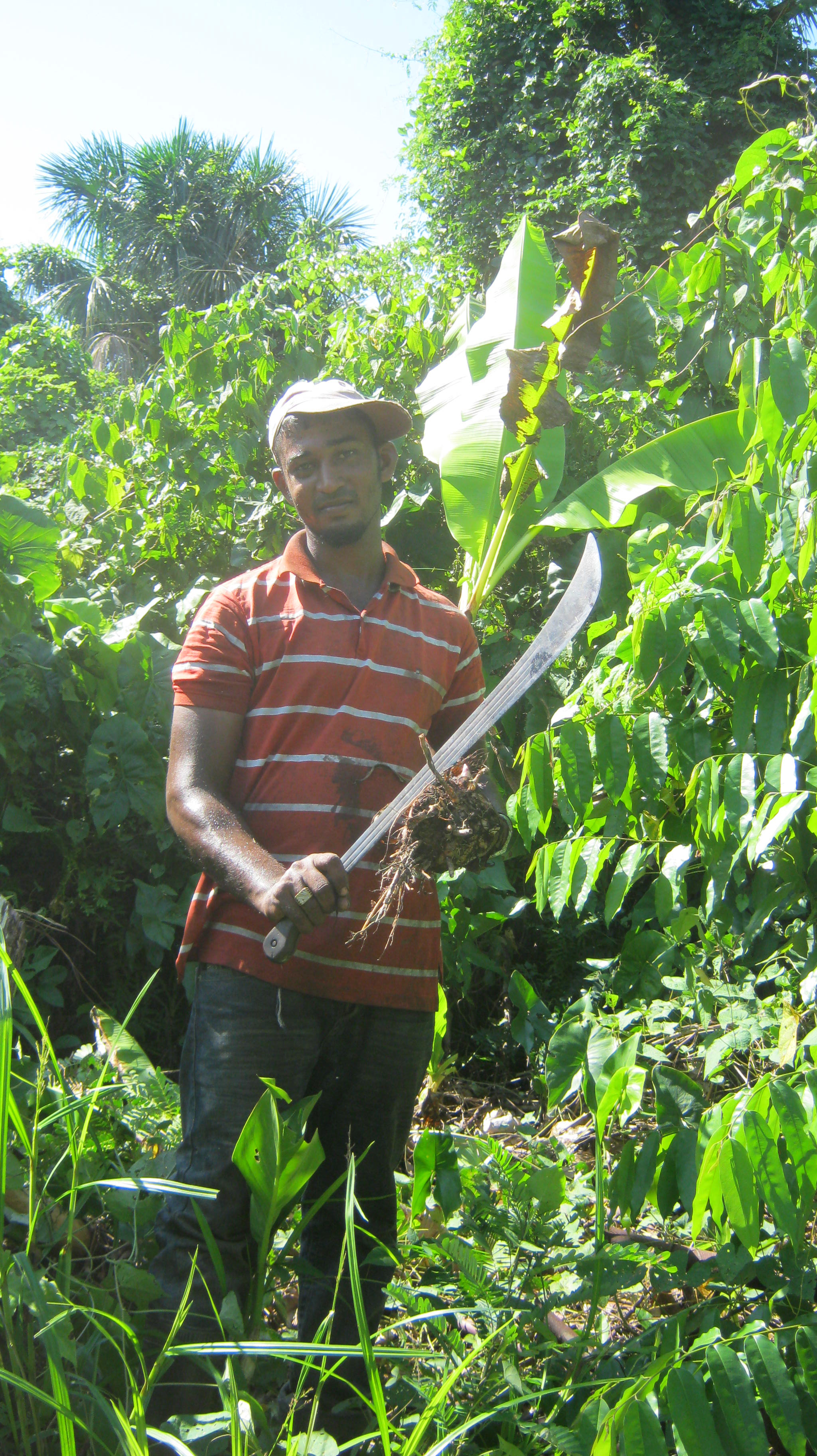They might be someone’s sister or brother or even parents. Some are professionals, others can be found on the streets begging. The reasons for their condition are many and varied; however, they are all human beings with emotions, potential and skills, many of which are never realized.

Being differently-abled is challenging and it often takes unwavering courage to face the fears, stigma and discrimination which comes not only from strangers but also relatives, some of whom were accused of abuse and neglect by forcing differently-abled family members to make the streets their home.
“Some of my friends died on the streets, they were raped, abused and killed while they lived on the streets,” Karen Hall, a lecturer at the University of Guyana (UG), who is also differently-abled, told Stabroek News recently.
According to Leon Walcott, the chairman of the Guyana Council of Organizations for Persons with Disabilities, the last census done in 2002 showed that Guyana has about 49, 000 persons who are living with some form of disability and that figure is likely to be higher now.
Walcott, who is also differently-abled is unable to walk and he moves around on a scooter. He said that 70-75% of persons living with a disability in Guyana, were not born that way.
At the launching of a six-year disability and rehabilitation plan under the previous administration at the Pegasus Hotel, Director of Rehabilitation Services Debita Harripersaud of the former Ministry of Health, disclosed that findings from the 2002 census showed that 6.4% of Guyanese were living with disabilities at that time.
According to Harripersaud, projections from that census suggests that over 50, 000 persons will be disabled by

